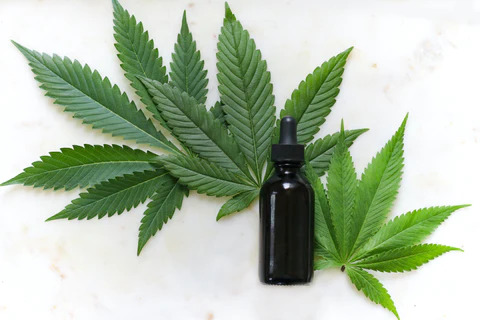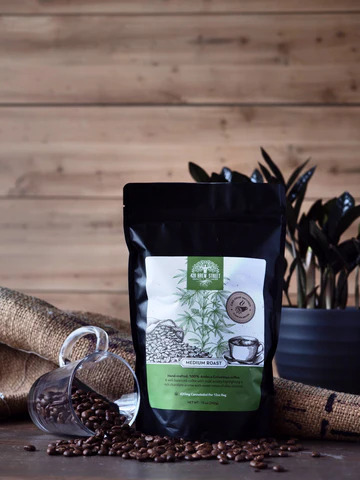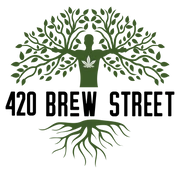
What is CBD?
 By now, we’re sure you’ve heard of CBD. Over the last couple of years CBD has become a household term and you may have tried it or even added it to your daily regimen. But there are still many people who don’t understand the natural compound, where it comes from, its benefits and how it can help add value to every day health and wellness. So let’s get into it…
By now, we’re sure you’ve heard of CBD. Over the last couple of years CBD has become a household term and you may have tried it or even added it to your daily regimen. But there are still many people who don’t understand the natural compound, where it comes from, its benefits and how it can help add value to every day health and wellness. So let’s get into it…
What is CBD?
CBD, which is also known as Cannabidiol, is a naturally occurring compound derived from the cannabis sativa plant. This is just one of the many therapeutic cannabinoids and it’s the second most abundant naturally occurring compound found in the cannabis plant. CBD is non-psychoactive so it will NOT get you high. “CBD is the non-psychoactive portion of the plant, so what that means is you won’t have any effects like euphoria,” says Junella Chin, DO, an osteopathic physician and a medical cannabis expert for cannabisMD. “You won’t feel sedated or altered in any way.”
CBD interacts with the human body through the endocannibinoid system, a network of cannabinoid receptors that interface with many other similar compounds producing effects on the mind and body. The two receptors that CBD binds to are the CB1 receptor which can be found in the brain and the body while the CB2 receptor is found in the immune and gastrointestinal systems. CBD helps regulate anxiety, promote better sleep, reduce pain, relieve nausea, and respond to inflammation and body temperature.
According to Erin Hiatt in the article, “CBD Nation”, found in the Centennial Spotlight, it’s suggested that CBD MAY be good for the following:
Autoimmune Diseases (inflammation, rheumatoid arthritis)
Neurological Conditions (Alzheimer’s, Dementia, Parkinson’s, epilepsy, stroke, Huntington’s chorea, traumatic brain injury, multiple sclerosis)
Metabolic Syndromes (diabetes, obesity)
Neuropsychiatric Illnesses (autism, ADHD, PTSD, alcoholism)
Gut Disorders (colitis, Crohn’s)
Cardiovascular Dysfunctions (atherosclerosis, arrhythmia)
Skin Problems (acne, dermatitis, psoriasis)
There is controversy surrounding what CBD is actually good for because research is still limited and there is still a lot to learn surrounding the cannabis plant. There is only one drug that contains cannabidiol that has been approved by the FDA. That drug is called Epidiolex and it is used to treat two forms of intractable epilepsy. The FDA does not regulate CBD products currently but they are moving in that direction and exploring that CBD products be marketed as dietary supplements.

CBD can be found in everything from oils and tinctures to gummies, bath bombs, edibles, topicals and even 420 Brew Street’s very own CBD infused coffee, available in Medium Roast and Maple Bacon Bourbon!
CBD is not created equal and it is strongly suggested that you do your research and consult your physician when adding any new supplement to your daily regimen. Just as CBD is not created equal, people are also created differently and what works for one person may not work the same for the next. Proper dosing is also something to consider when taking CBD.
Make sure you subscribe to our blog because up next we will be talking about the differences and similarities between CBD and THC and how the two can work together to achieve optimal results.
***These statements have not been approved by the Food and Drug Administration. The products on our website are not intended to diagnose, treat, cure or prevent disease. Always check with your physician before using supplements.





